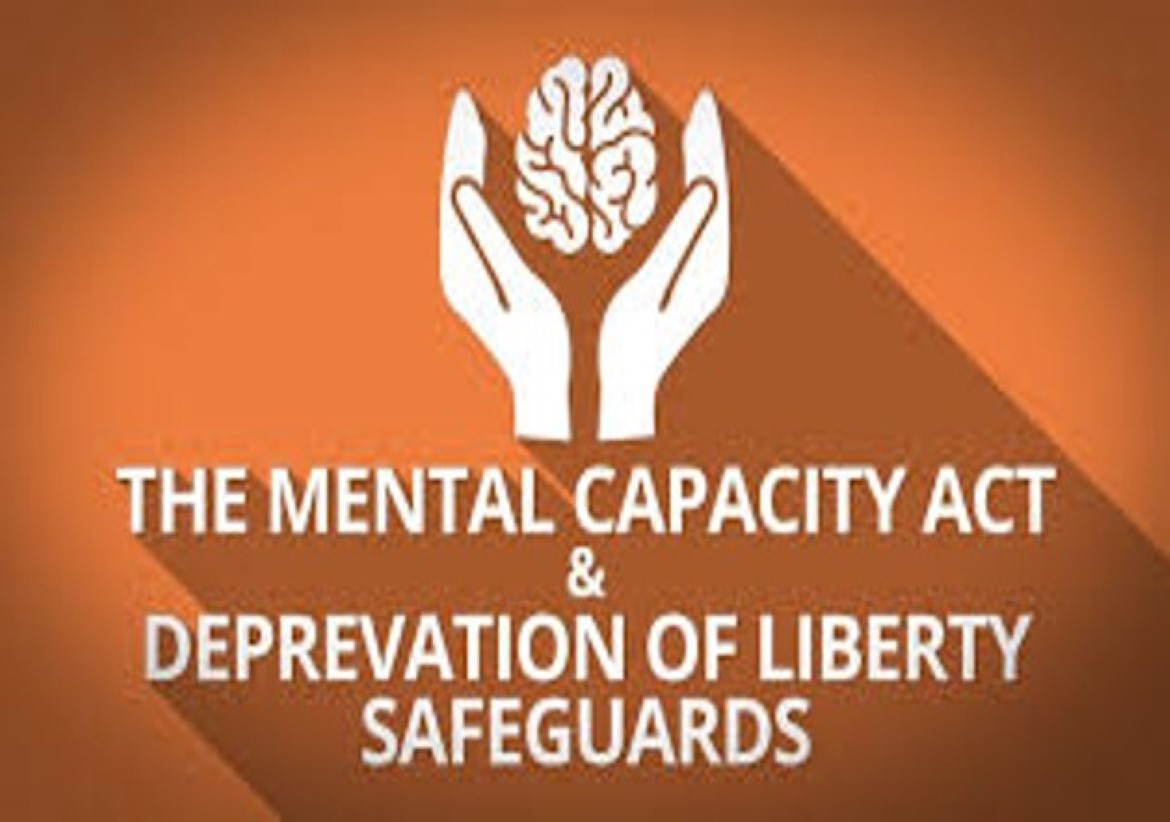Mental Capacity Act and Deprivation of Liberty Safeguards (MCA and DOLs)
Overview of Deprivation of Liberty Safeguards and Mental Capacity Act
First, let's dispel the myths surrounding the Deprivation of Liberty Safeguards and the Mental Capacity Act (MCA) (DOLs). This module offers a concise synopsis, elucidating the definitions and significance of these concepts. Without getting bogged down in jargon, you'll understand the fundamentals.
Easily Assess Mental Capacity
Applying the MCA and DOLs properly requires an understanding of mental capacity. This lesson provides a step-by-step breakdown of the method for testing mental capability. You'll discover how to spot potential incapacity in others and know what to do next.
Rights and Restrictions
Examine the fine line that exists between upholding people's rights and guaranteeing their safety through the DOLs. This session emphasises the need of maintaining autonomy and dignity while providing clarification on when and how limits on liberty might be justified.
Liberty Safeguards: A Practical Implementation
Discover useful tactics for putting Liberty Safeguards into practice in everyday circumstances. Through documentation and stakeholder communication, this module gives you the tools you need to negotiate challenging situations while upholding people's rights.
Maintaining Dignity and Protecting Liberty
We bring everything together in this last module, highlighting the main objective of preserving liberty while preserving dignity. In order to solidify your knowledge and boost your self-assurance when putting MCA and DOL principles into practice, you will examine case studies and scenarios.
Lessons
Brief Description of Mental Capacity Act and Deprivation of Liberty Safeguards (MCA and DOLs)
In this module, we will describe many facets and procedures of the Mental Capacity Act in detail. This includes who the act affects, when it applies, how to assess capacity and the procedures that can be put in place in the home or workplace to make sure best practices are followed and people are treated fairly at all times.
Module 2: What is the Mental Capacity Act?
Module 3: Assessing Capacity
Module 4: The Deprivation of Liberty Safeguards
This course was designed to illustrate the significance of the Mental Capacity Act, not only in upholding the rights of individuals, but also in bringing a legislative safeguard to prevent adults at risk of abuse from having their requirements ignored or neglected.




